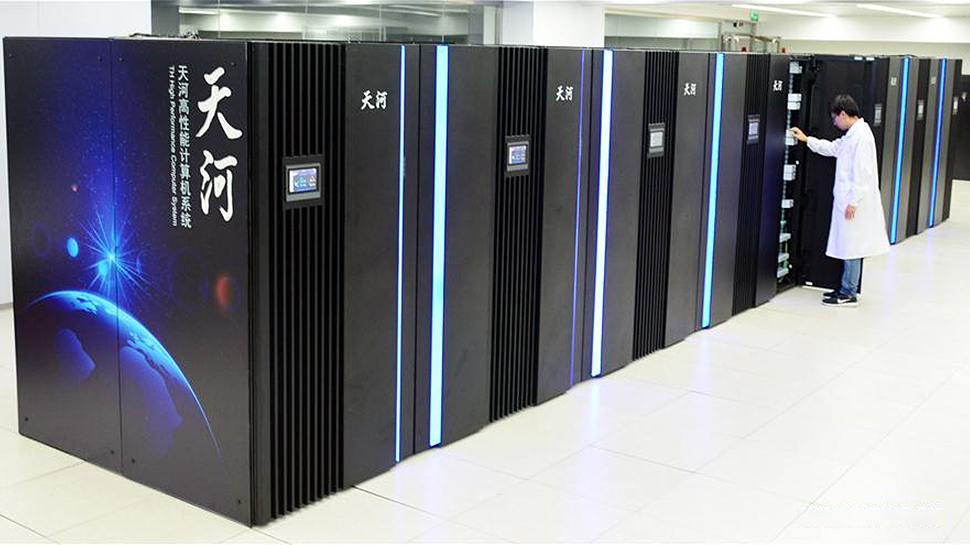
Although the Frontier supercomputer, located at Oak Ridge National Laboratory, is considered the fastest supercomputer in the world because it tops the global Top500 list, it may not be the de facto leader. Some scientific papers suggest that Chinese supercomputers, the Sunway and Tianhe-3, may surpass Frontier in performance, believes Jack Dongarra, a co-founder of Top 500.
"The Chinese have machines that are faster," Dongarra told the Wall Street Journal. "They just have not submitted the results."
In recent years, China's government and scientists have become secretive and no longer disclose domestic achievements in the field of supercomputing because they don't want the U.S. government to make it harder for them to obtain high-performance hardware.
China has better supercomputers than in the U.S.?
The latest version of the Top 500 list was released last month. Despite the latest rankings indicating that the three fastest supercomputers are in the U.S., there is a strong belief that China possesses more powerful machines. According to Dongarra, China has faster supercomputers but has not submitted their results due to concerns over further U.S. restrictions.
Some experts from the U.S. believe that the Sunway machine has 39 million cores, which is quadruple that of Frontier, which may mean that this machine could be more powerful than the Frontier supercomputer from ORNL. Those processors powering the Sunway supercomputer may be made using an outdated process technology and may not be as energy efficient as modern American CPUs. However, brute force is brute force, and for China, economic or power efficiency may not really matter as it also considers supercomputers a national security matter.
China dominated the Top500 list by 2017, with 202 machines compared to 143 from the U.S. Then the U.S. restricted Chinese access to Intel processors and other U.S. hardware in 2015, followed by broader export restrictions under the Trump administration in 2019, which have been tightened further by the Biden administration in 2022. As a result, Chinese participation in the Top500 list dwindled, to some degree because access of Chinese entities to the latest hardware got harder and to some degree because Chinese scientists no longer want to share details about their machines with anyone.
Dongarra told the WSJ that Chinese colleagues told him they were not permitted to submit information about their supercomputers, leading to reduced data sharing with Top500 in particular and with other scientific forums in general. However, based on his conversation with his colleagues, he believes Chinese scientists have very fast machines that surpass the capabilities of America's best supercomputers.
China has its own HPC Top100 list of supercomputers, and Dongarra believes this list omits some of China's top supercomputers. The number one machine on the latest Top100 and several others is described only in general terms without specifying its name or operating institution. Last December, a month after the latest list was published, the National Supercomputing Center in Guangzhou unveiled a machine named Tianhe Xingyi, claiming it significantly outperformed the earlier Tianhe-2 model from the Milky Way series and that machine could be faster than ORNL's Frontier.
On the one hand, this means that American and Chinese scientists will no longer collaborate on supercomputers, creating a divide that Western scientists believe will hinder technological development. Nations will work on different projects or similar projects, albeit on their own. On the other hand, this means that nobody outside China knows the performance of Chinese supercomputers.
This growing secrecy poses challenges for the U.S. in determining whether it or China possesses faster supercomputers, a question deemed crucial for national security. Supercomputers play a pivotal role in the U.S.-China technological rivalry, as the nation with superior machines gains an edge in developing advanced military technology, including nuclear weapons. Jimmy Goodrich, a senior adviser at the Rand Corporation, told WSJ that even a slight supercomputing advantage can significantly impact military capabilities.







